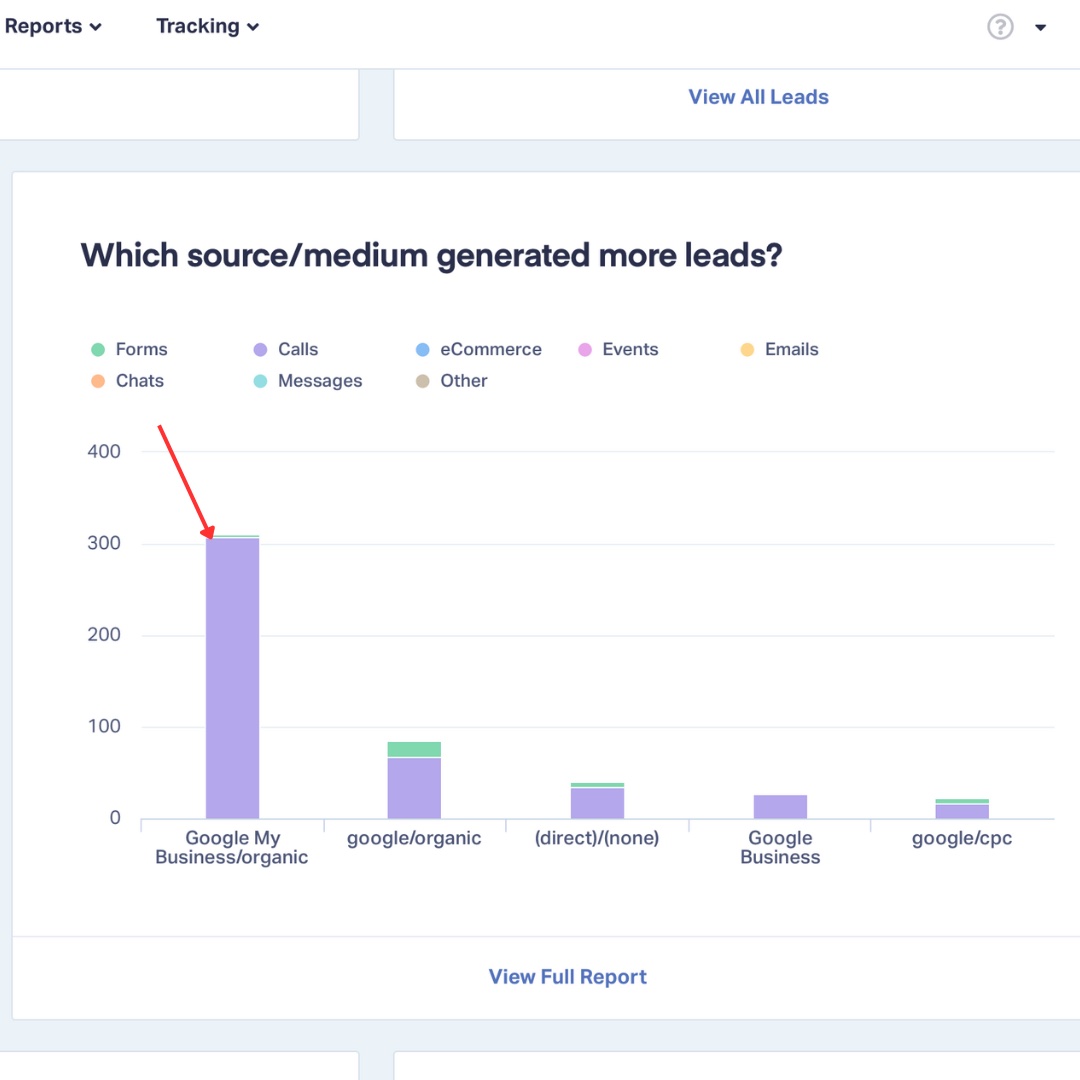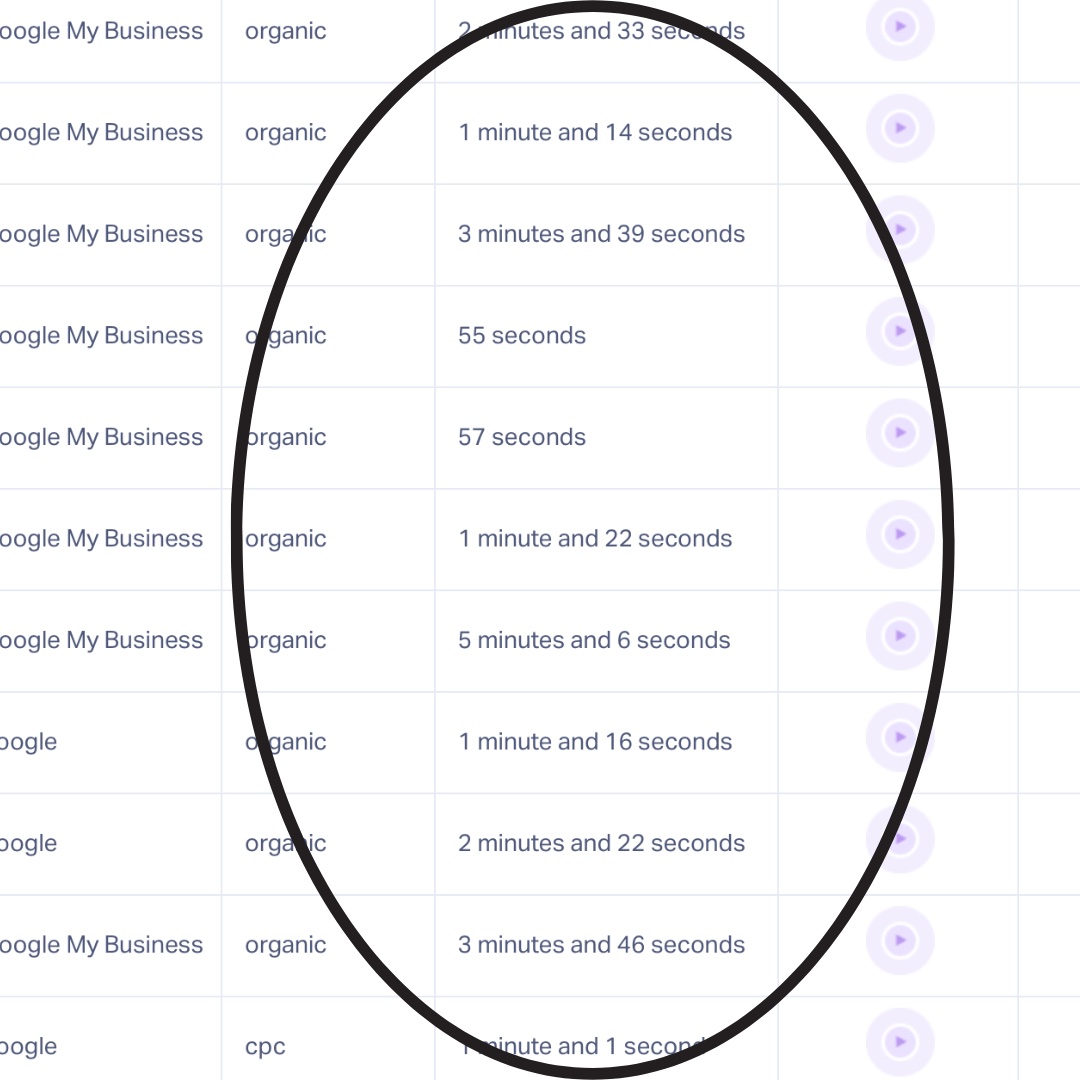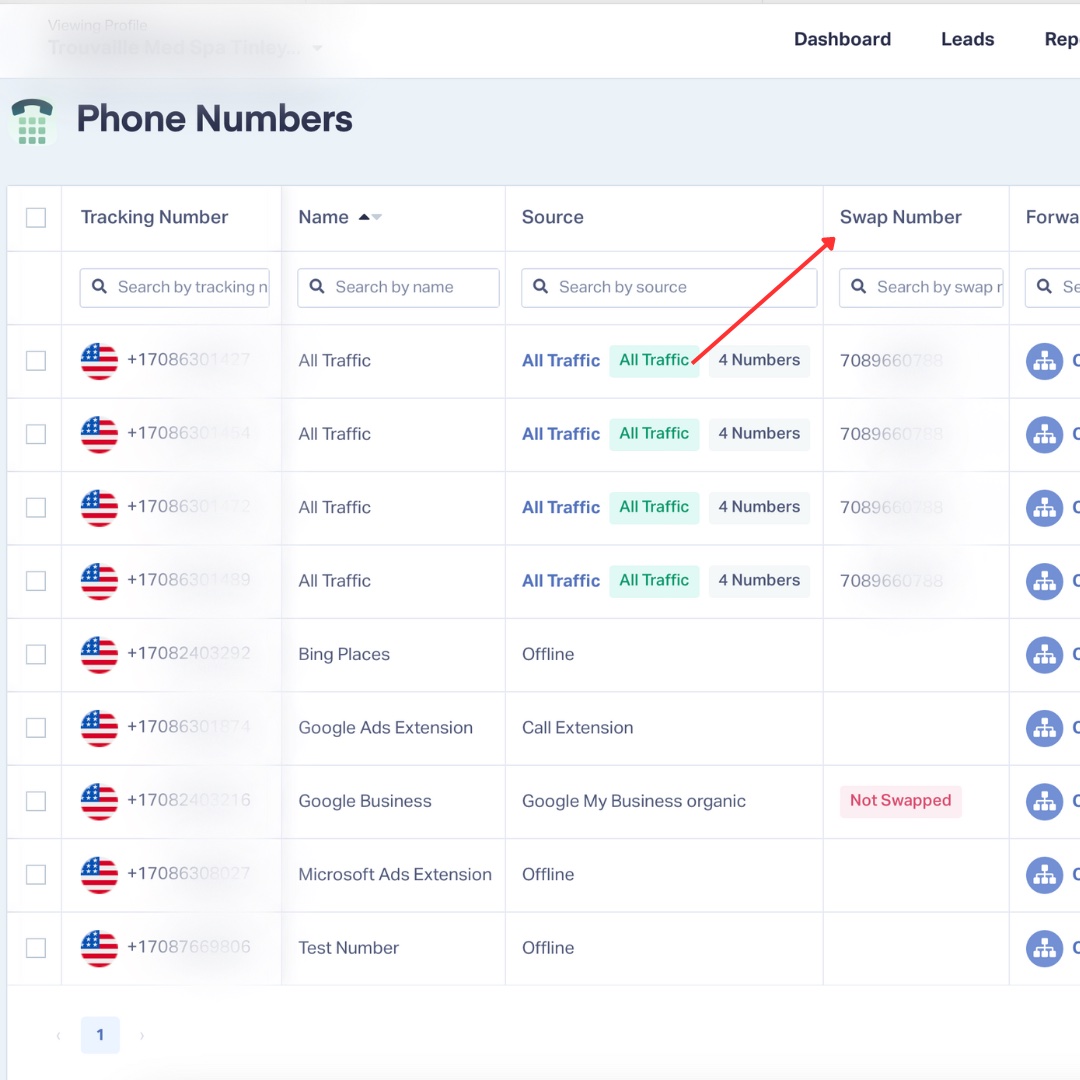If you’re a small business owner looking for new, innovative ways to track your marketing efforts and success, call tracking is an excellent tool that can help. Not only does it allow you to understand how customers are finding you and where their leads are coming from, but it also helps identify potential issues with the customer journey. Call tracking provides data that can be used to optimize your marketing efforts and maximize return on investment (ROI). In this blog post we will take a deep dive into what call tracking is, why it’s important and discuss some of the most popular solutions available today.
How Does Call Tracking Work
When someone calls one of your tracked phone numbers, the call is routed to your business phone line as usual. However, the call tracking system also records information about the call, such as the caller’s phone number, the call duration, and the source of the call. This information is then stored in a database and can be analyzed later to track marketing success, monitor customer service, and make data-driven decisions. Simply stated, it is a way to track and analyze the phone calls that come into your business. With phone tracking, you can determine where your phone leads are coming from, which marketing campaigns are working, and how to optimize your advertising efforts to get more calls and more sales. (See image below for an example) By using unique phone numbers for different marketing channels (like your website, social media, email campaigns, or print ads), you can track which campaigns are driving the most phone calls and adjust your marketing strategy accordingly. For example, if you find that your social media campaigns are generating more calls than your email campaigns, you might want to focus more on social media advertising to get even better results.

Additional Benefits of Call Tracking
In addition to measuring marketing success, call tracking can also personalize customer service, streamline communication, and increase customer retention. By recording and analyzing your phone calls, you can identify areas where your staff may need more training or support. You can also use call tracking to monitor call wait times, (as seen in image) call volume, and overall call quality. This can help you ensure that your customers are getting the best possible experience when they call your business.
Another key benefit of call tracking is that it can help you make data-driven decisions. By analyzing your call data, you can get a better understanding of your customers’ needs, preferences, and behaviors. For example, if you find that a lot of your calls are coming in after hours, you might want to consider offering extended business hours or a 24/7 customer support line. Or, if you notice that a lot of your calls are coming from a specific geographic area, you might want to target your advertising efforts in that area to get even better results.

Call Tracking Software
Call tracking software comes in many different types, each with its own set of features and benefits. Some of the most popular options include call recording, call scoring, and call log integration. But what exactly makes these types of software effective in converting leads into paying customers? One key factor is the ability to track and analyze call metrics. With call tracking software, businesses can gain valuable insight into how potential customers are interacting with their brand, including which marketing channels are driving the most calls, which sales representatives are closing the most deals, and which keywords and messages are resonating most with callers. Armed with this information, businesses can make informed decisions about how to optimize their marketing strategies and improve their overall conversion rates. There are several different types of call tracking systems available for small businesses but there are two main types of call tracking: dynamic number insertion (DNI) and call source tracking. DNI involves dynamically inserting a unique phone number into your website or other marketing channels based on the visitor’s source. (See Image below) For example, if someone finds your website through a Google search, they will see a different phone number than someone who found your website through a Facebook ad. Call source tracking, on the other hand, involves using different phone numbers for different marketing channels (like we mentioned earlier). Both methods have their pros and cons, so it’s important to choose the one that works best for your business goals and budget.

Call tracking is a powerful tool that can help small businesses improve their marketing, customer service, and overall success. With the help of call tracking, you can learn valuable information that can help you optimize your advertising strategy, increase conversions, and ultimately, drive more sales. So, if you haven’t already, consider implementing a call tracking system for your small business. Your customers (and your bottom line) will thank you!



